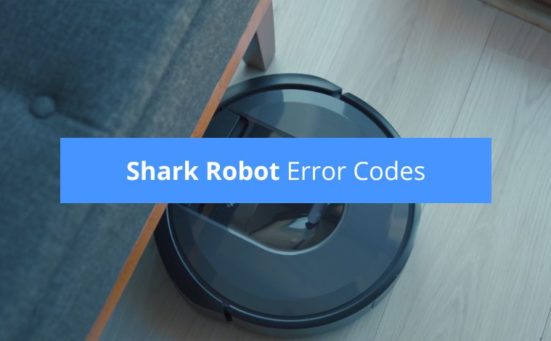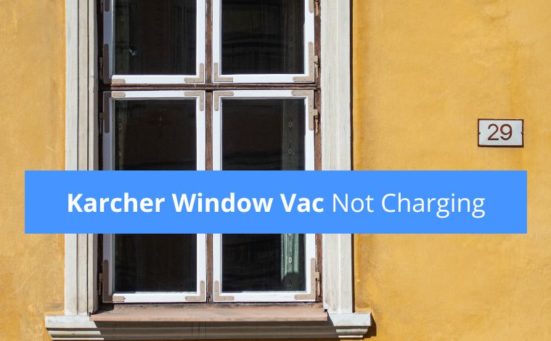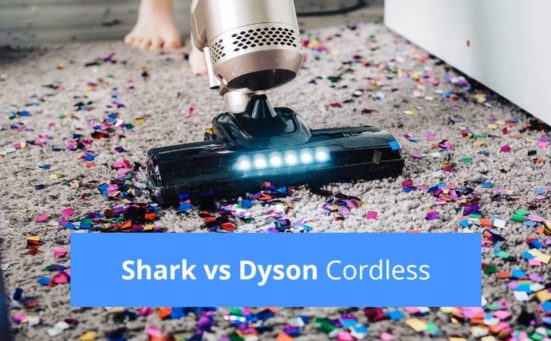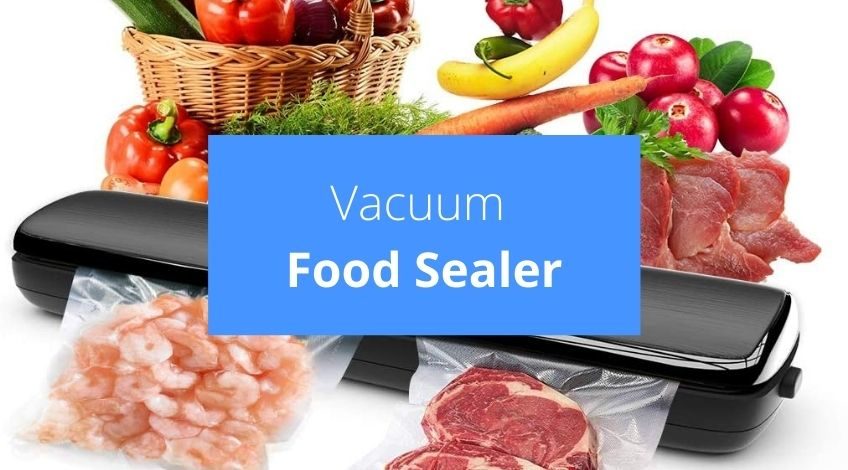
Vacuum Food Sealers Are Well Worth Their Money, Here’s Why…
Anything that avoids food waste, and saves money is worth its money, and that’s exactly what a vacuum food sealer does. Fresh food has a limited shelf life because oxygen in the air we breathe causes cells in the food to break down. As the cells break down, bacteria enters the cells and the food goes bad.
By vacuum sealing fresh foods, you remove the air and the oxygen, this slows down the breaking down of the cells of the food leading to longer storage times and less food waste. It also means that when there’s a special offer on a particular cut of meat that you and your family like, you can buy in bulk, and save money.
I know, you’re thinking “I already do that, and freeze it to store it”. And that’s great, but if you removed the oxygen first not only would you be able to fit more into your freezer, but it would store longer in the freezer without decaying.
Why Use A Vacuum Sealer Before Freezing Food?
There are 7 good reasons why it’s a good idea to vacuum seal food before freezing, they are as follows:
- Money-saving
You can buy that bulk deal that saves money and freeze more food. - Moister, tastier meat
The meat is sealed in with all of its juices, flavours and moisture, this will add taste when it’s cooked. - Saves time
By freezing in portion sizes you’ll use less time preparing the food before cooking. - Saves space
By removing all of the packaging from the food, and then removing all of the air too, you will save space allowing more food to fit into the freezer. - Food lasts longer
By removing the air from food before freezing you increase it’s storage time by up to 3 to 5 times. - No freezer burns
When water comes into contact with food in the freezer it causes freezer burn, as the sealer creates a vacuum there is much less chance of the moisture evaporating and causing any damage to your food. - No freezer spills
Bags of peas, sweetcorn etc, can be resealed to prevent them spilling all over the freezer.
Vacuum Food Sealers, Not Just For Meat
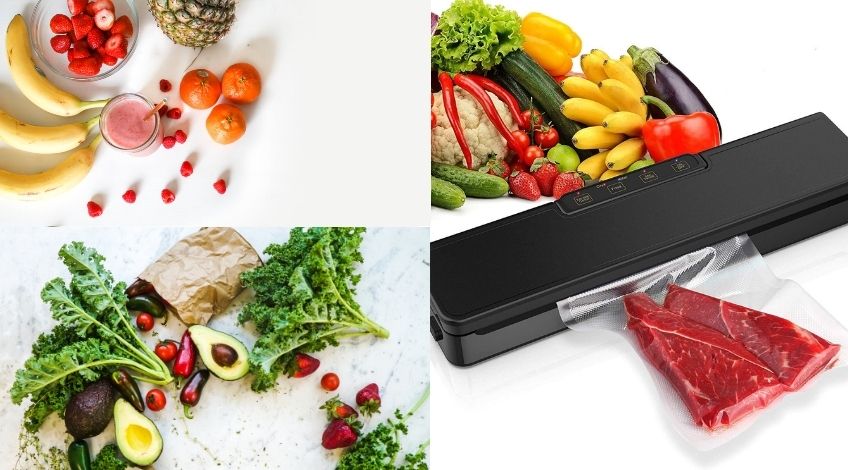
We’ve spoken about how using a vacuum sealer can save you time and money when dealing with meat, but it’s not just meat. Vegetables are seasonal, at some point in the year there’s a glut of a particular vegetable. Where there’s a glut, there’s a bargain to be had, so that’s the time to buy.
Let’s say your family enjoy cauliflowers, they are suddenly ½ price due to an overstock at the supermarket, you can buy extra, and either vacuum seal and freeze or use the vacuum system pipe to remove the air from the jar or container and store in a cool dry place.
What Can Be Vacuum-Sealed?
There are so many uses for the vacuum sealer, it would be easier to list what can’t be sealed. But here are a few of the items that can be sealed with a vacuum sealer.
- Meats
Not just raw meats, cooked hams, chicken slices, etc can all be vacuum sealed and kept in the fridge. - Vegetables
Buy when in season and cheap and use throughout the year. - Fruits
Strawberries, blueberries, raspberries, etc, all have peak producing periods, buy when cheap and store. - Flour
Flours and all other dried powdery goods, can be vacuum sealed and stored for freshness and space-saving. - Spices
Bulk buying spices can save a fortune. Vacuum sealing will keep them fresh and dry. - Rice
Vacuum sealed rice will store for a minimum of 8 years. - Coffee beans
Store nearly out of sell-by date coffee beans in a vacuum-sealed bag to keep for much longer than the sell-by date. - Cereals
All cereals will store for longer if vacuum-sealed. - Pasta
To save space, vacuum seal pasta and store in a dry space. - Oils
Delicate oils will keep longer if the air is removed from the bottle. - Wine
Oxidation causes wines to deteriorate, and taste winey. Remove the air with the vacuum pipe and preserve the wine. - Vinegar
Prolong the shelf life of vinegar by removing the air from the bottles. - Comic books and other collectables
Prevent damage and damp on comic books and other valuable collectables. - Clothing
For extra storage space, vacuum pack clothes and bedclothes. By removing the air these clothes will be less dense, and take up less storage space. - Silverware
When air comes into contact with silver, the silver can tarnish (go black) by vacuum-sealing and removing the air you prevent tarnishing and save on cleaning time. - Leftovers
Leftover foods can save money and time, but you don’t always want to eat them on the next day, vacuum sealing allows leftovers to be kept longer in the fridge and used at a later date. - Baby foods
Making a large batch of baby food in a soup maker can save money and time. This can easily be vacuum sealed and frozen for a longer shelf life. - Bread
Making bread in bulk, or even buying store made bread in bulk when it’s on offer can save money. Especially if you vacuum seal it to keep it fresh. - Marinades
The vacuum process opens the pores of the meat, allowing more of the marinade to soak into the meat and give it extra flavouring. - Seeds
If you save your own vegetable, fruit or flower seeds, or you want to reseal store-bought seeds, using the vacuum-sealer will remove the air from them allowing you to store them for many years.
The list is endless and so are the savings, a vacuum sealer will pay for itself in no time at all.
How Long Will Foods Last Once Vacuum-Sealed?
By removing all of the air and oxygen from foods, you will increase their shelf life, but by how long? The following chart gives a good estimation of how long foods will last after vacuum sealing as opposed to normal packing.
Foods Stored In A Freezer
| Food | Non-Vacuum Sealed | Vacuum Sealed |
|---|---|---|
| Meat | 6 months | 2 to 3 years |
| Minced meat | 3 months | 1 year |
| Fish | 6 months | 2 to 3 years |
| Poultry | 6 months | 2 to 3 years |
| Vegetables | 10 months | 2 to 3 years |
| Fruit | 12 months | 2 to 3 years |
| Sauces or soups | 4 months | 1 to 2 years |
Foods Stored In A Refrigerator
| Food | Non-Vacuum Sealed | Vacuum Sealed |
|---|---|---|
| Fish | 3 days | 5 days |
| Beef | 4 days | 30 to 40 days |
| Pork | 7 days | 21 days |
| Roasted meat | 3 days | 12 days |
| Cheese | 20 days | 60 days |
| Soft cheese (camembert etc) | 7 days | 15 days |
| Vegetables | 2 to 7 days | 7 to 14 days |
| Fruit | 1 to 5 days | 7 to 14 days |
Foods Stored At Room Temperature
| Food | Non-Vacuum Sealed | Vacuum Sealed |
|---|---|---|
| Nuts | 8 months | 2 years |
| Raw rice or pasta | 6 months | 12 months |
| Flour | 8 months | 2 years |
| Loose tea or coffee | 3 months | 12 months |
| Cereals | 3 months | 12 months |
| Bread | 3 days | 7 to 8 days |
Handy Tips When Vacuum Packing Foods For Storage
The following tips will help you to get the most from your vacuum sealer and ensure your food lasts as long as possible.
- Ensure all surfaces are germ-free and clean
Before using the vacuum sealer be sure all surfaces are clean and germ-free to prevent any deterioration or degradation of foods. - Wash and dry meat
Be sure the meat is clean, and dry before vacuum sealing. - To freeze vegetables
To prolong the life of vegetables before freezing, always blanch them before vacuum sealing. - Prevent freezer burn
Add a freezer bag to vacuum-sealed packages before freezing to help prevent freezer burn or damage. - Always remove bones
Anything that is sharp can damage the bag making an airtight seal impossible. Remove any bones or sharp objects before sealing. - Freeze as soon as possible
To get the best from your food, always seal and freeze (or refrigerate) as soon as possible, whilst the food is still fresh.
By using a vacuum-sealer you will save money on your food bills, save space when storing and save time when cooking. Try to freeze in portion or meal size quantities to save time when cooking. Some vacuum bags can be used as boil in the bag packaging, this can save even more time.
Frequently Asked Questions
A vacuum sealer is worth it because it will save you money, time and space.
The benefits of vacuum sealing food are the food will stay fresher longer, you can save money by buying food in bulk, and you can save on storage space by removing the air and packaging.
You cannot use any bags with vacuum sealers, only use bags recommended by your vacuum sealer.
You can vacuum seal liquids.
Vacuum sealers do need special bags. Not all vacuum bags are compatible with all vacuum sealers you will need the specific bags for your vacuum sealer.
You can keep vacuum seal lettuce for up to 2 weeks in a refrigerator.
Also, follow us on Pinterest ...

